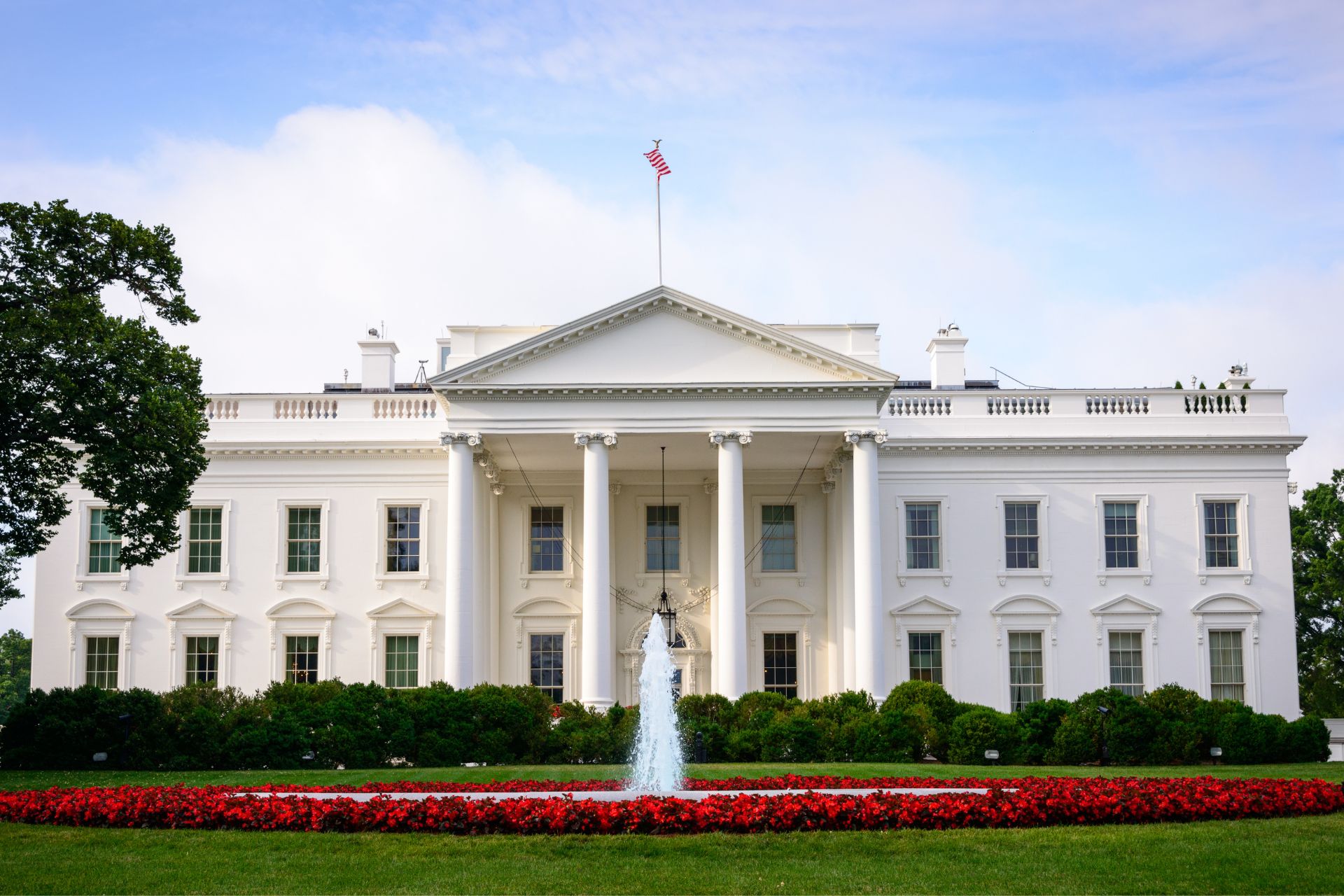President Biden and a group of bi-partisan senators are close to an agreement on a new immigration policy. The details of the new policy could be shared with the public the week of January 29, 2024. If this agreement becomes law, it would be the first time since the 1990’s that there is a bipartisan effort to change the U.S. immigration system. However, getting it approved in Congress might not be easy.
The new agreement is expected to give the President more power to suspend asylum if the number of individuals crossing the U.S.-Mexico border reach certain levels. Individuals who cross between the official entry points and then ask for asylum could be sent back to Mexico or their home country, except for those who qualify for special refugee options. Currently, anyone on U.S. soil can ask for asylum, even if they are here without legal permission.
There will also be times when the President is required to close the border. If more than 5,000 people illegally cross the border over seven days or if one day sees 8,500 or more illegal crossings, this policy can be put into action. The President could also decide to activate the policy if there are more than 4,000 average daily crossings in a week. And finally, there would be a limit as to how many days per year the President could use this option.
The process for asking for asylum at the official entry points is not expected to change.
Other possible changes include:
- Making it easier to quickly remove people who don’t have legal permission,
- Deciding asylum cases within six months,
- Requiring a higher standard of proof during the initial asylum interviews,
- Allowing individuals who pass the initial asylum check to work when they enter the U.S.
- Also, legal support for those seeking asylum may be provided.
The parole program for immigrants is still a highly debated topic. More than 1 million migrants and refugees have come to the U.S. under this program during Biden’s time in office. According to reports, this program will continue, allowing certain individuals in the U.S. to sponsor people from specific countries.
There is no plan for citizenship for the 11 million immigrants living in the U.S. without legal permission, including those protected under the DACA program.
Additionally, 50,000 new visas for work and family reasons would be made available. Children of H-1B visa holders would also be granted immigration status.
The White House is asking for $14 billion to support these proposed changes.
As always, we closely follow updates on U.S. immigration policy. If you have questions about anything related to immigration, please feel free to contact us. Our team of experienced attorneys work with our clients every step of the way.

